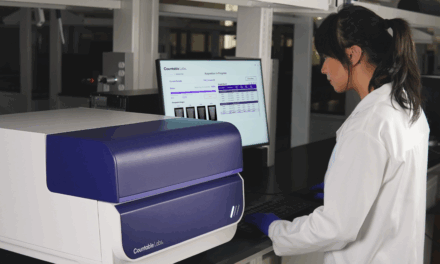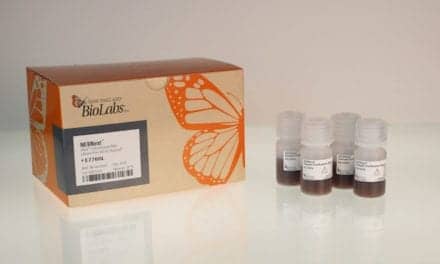A study of 85 patients shows the TissueCypher test detected 15% with elevated cancer progression risk despite a non-dysplastic diagnosis.
New research demonstrates that Castle Biosciences’ TissueCypher Barrett’s Esophagus test can identify high-risk patients who would be missed by standard pathology assessment alone, according to data being presented at the American Foregut Society’s (AFS) 2025 Annual Meeting.
The study evaluated 85 patients diagnosed with non-dysplastic Barrett’s esophagus (NDBE) from four surgical practices. While these patients are typically considered lowest risk for cancer progression under current guidelines, the TissueCypher test revealed that 15% had intermediate or high risk for developing high-grade dysplasia or esophageal adenocarcinoma.
Patients with intermediate-risk scores showed a median five-year progression probability of 9%, while those with high-risk scores had a 16% probability. Both groups exceeded the 8.5% five-year risk threshold associated with low-grade dysplasia, which triggers recommendations for more intensive surveillance or endoscopic eradication therapy.
“The findings being presented at AFS underscore the importance of moving beyond standard pathology when assessing progression risk in patients with Barrett’s esophagus,” says lead study author Caitlin C Houghton, MD, board-certified foregut surgeon at Keck Medicine of USC in Los Angeles, in a release. “TissueCypher provides an added level of precision that is designed to reveal high-risk patients who might otherwise be overlooked, potentially enabling personalized surveillance and treatment strategies aimed at reducing their chances of developing esophageal cancer.”
Clinical Impact on Patient Management
Current guidelines recommend surveillance every three to five years for NDBE patients, but the study findings indicate some of these patients may warrant more frequent monitoring similar to those with confirmed low-grade dysplasia.
The TissueCypher test received Advanced Diagnostic Laboratory Test status from the Centers for Medicare & Medicaid Services in March 2022. The test is indicated for patients with endoscopic biopsy-confirmed Barrett’s esophagus graded as non-dysplastic, indefinite for dysplasia, or low-grade dysplasia.
Barrett’s esophagus affects an estimated 3.3 million Americans and represents a precursor condition to esophageal adenocarcinoma. Regular endoscopic surveillance aims to detect disease progression early, when interventions can be most effective in preventing cancer development.
The study data was presented via podium presentation titled “Patients With Non-Dysplastic Barrett’s Esophagus Received Individualized Risk Stratification With the Tissue Systems Pathology Test” at the meeting in Dallas.





